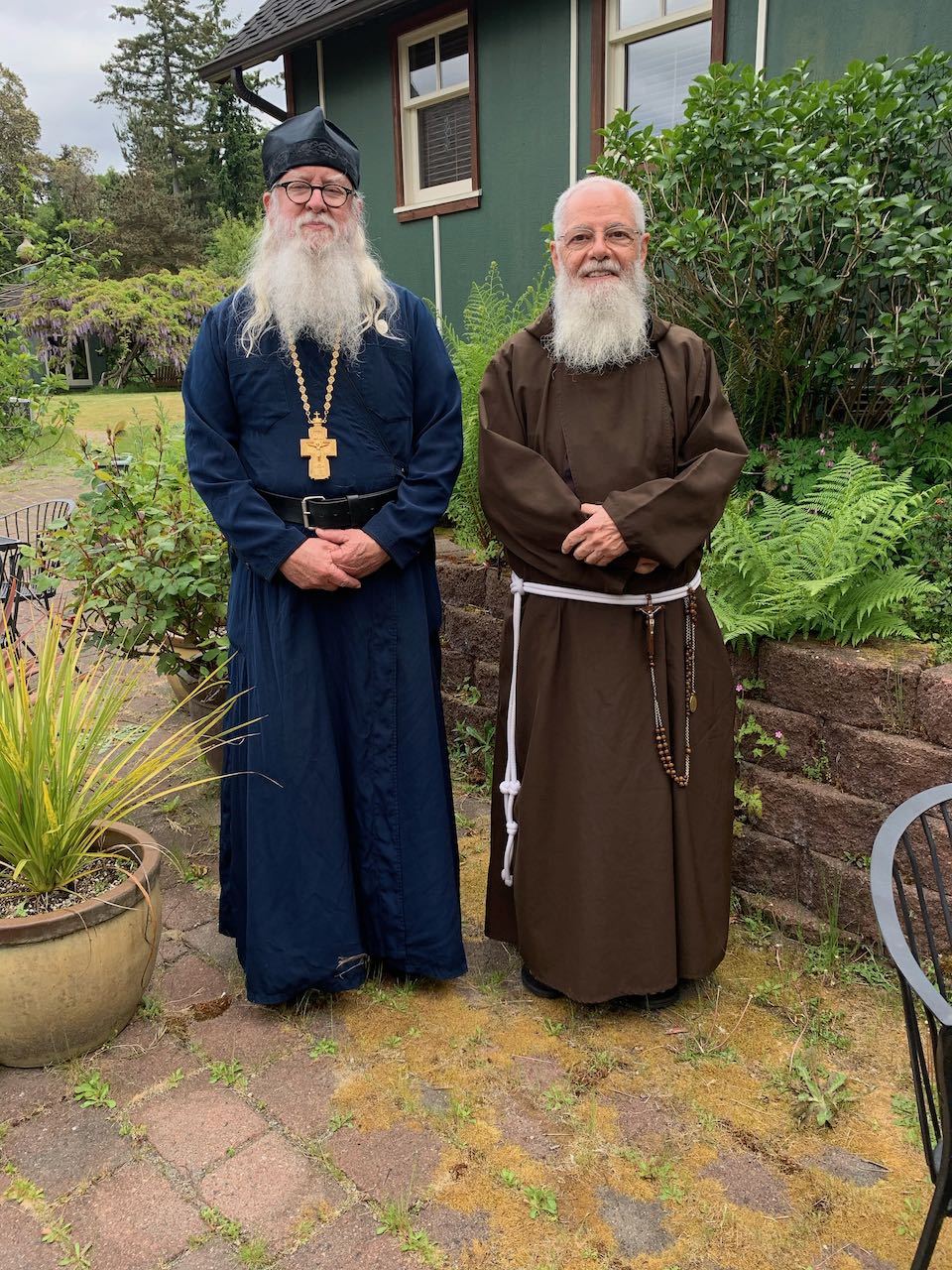Sunday of the Samaritan Woman
One of the most ancient cities of the Promised Land was Shechem, also called Sikima, located at the foot of Mount Gerazim. There the Israelites had heard the blessings in the days of Moses and Jesus of Navi. Near to this town, Jacob, who had come from Mesopotamia in the nineteenth century before Christ, bought a piece of land where there was a well. This well, preserved even until the time of Christ, was known as Jacob's Well. Later, before he died in Egypt, he left that piece of land as a special inheritance to his son Joseph (Gen. 49:22). This town, before it was taken into possession by Samaria, was also the leading city of the kingdom of the ten tribes. In the time of the Romans it was called Neapolis, and at present Nablus. It was the first city in Canaan visited by the Patriarch Abraham. Here also, Jesus of Navi (Joshua) addressed the tribes of Israel for the last time. Almost three hundred years later, all Israel assembled there to make Roboam (Rehoboam) king.
When our Lord Jesus Christ, then, came at midday to this city, which is also called Sychar (John 4:5), He was wearied from the journey and the heat, and He sat down at this well. After a little while the Samaritan woman mentioned in today's Gospel passage came to draw water. As she conversed at some length with the Lord and heard from Him secret things concerning herself, she believed in Him; through her many other Samaritans also believed.
Concerning the Samaritans we know the following: In the year 721 before Christ, Salmanasar (Shalmaneser), King of the Assyrians, took the ten tribes of the kingdom of Israel into captivity, and relocated all these people to Babylon and the land of the Medes. From there he gathered various nations and sent them to Samaria. These nations had been idolaters from before. Although they were later instructed in the Jewish faith and believed in the one God, they worshipped the idols also. Furthermore, they accepted only the Pentateuch of Moses, and rejected the other books of Holy Scripture. Nonetheless, they thought themselves to be descendants of Abraham and Jacob. Therefore, the pious Jews named these Judaizing and idolatrous peoples Samaritans, since they lived in Samaria, the former leading city of the Israelites, as well as in the other towns thereabout. The Jews rejected them as heathen and foreigners, and had no communion with them at all, as the Samaritan woman observed, "the Jews have no dealings with the Samaritans" (John 4:9). Therefore, the name Samaritan is used derisively many times in the Gospel narrations. After the Ascension of the Lord, and the descent of the Holy Spirit at Pentecost, the woman of Samaria was baptized by the holy Apostles and became a great preacher and Martyr of Christ; she was called Photine, and her feast is kept on February 26.



